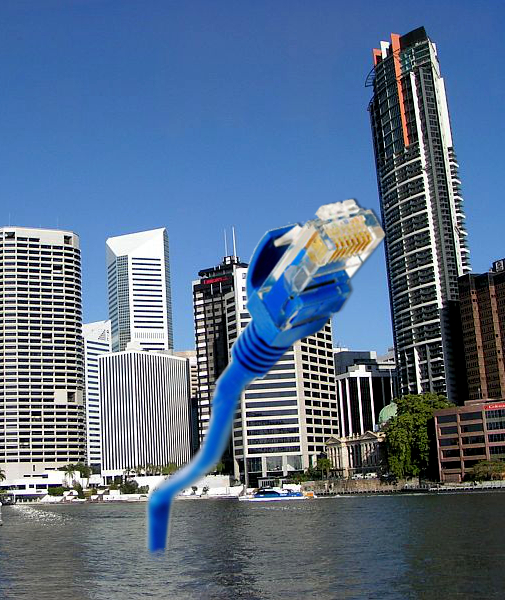Leaks show Sony's VPN crusade

WikiLeaks has released a searchable archive of emails and documents belonging to Sony Pictures.
Sony slammed the WikiLeaks site for publishing “stolen employee and other private and privileged information”.
The documents cover all kinds of financial information and sensitive negotiations, including talks with streaming video service Netflix.
In one email, Sony Pictures' president of distribution Keith Le Goy says he wants to meet with Netflix in November 2013 to do something to stop customers from accessing the service via virtual private network (VPN) services.
It had been common practice for Australians to use VPNs to access Netflix, prior to its official launch here in marsh this year.
“We have asked Netflix to take steps to more closely monitor circumvention websites, and to restrict methods of payment to more clearly weed out subscribers signing up for the service illegally. This is in effect another form of piracy - one semi-sanctioned by Netflix, since they are getting paid by subscribers in territories where Netflix does not have the rights to sell our content,” he said.
Le Goy said that Netflix was “heavily resistant” to stricter controls on the geographic location of subscribers, as they could “present too high a bar” for legitimate subscribers.
Le Goy said Sony in Australia was particularly unhappy with viewers subverting its attempts at location-based control.
Australian Communications Minister Malcolm Turnbull has previously said that using VPN services does not constitute a breach of Australian copyright law.
But it is unclear how the stakes may change, with the government currently looking at more strict anti-piracy measures.
Legislation on the way could force ISPs to block infringing websites, and the Australian Communications and Media Authority (ACMA) is looking at a three-strikes code that will allow rights-holders to access customers' details if they infringe copyright more than three times in a year.
Consumer group choice is concerned that future changes could make the use of VPNs illegal.
WikiLeaks has received some criticism for releasing the emails of a supposedly non-political private company, but the group says they belong in the public domain.
“This archive shows the inner workings of an influential multinational corporation,” WikiLeaks founder Julian Assange said.
“It is newsworthy and at the centre of a geo-political conflict. It belongs in the public domain. WikiLeaks will ensure it stays there.”







 Print
Print